A Swiss geologist “on treasure hunt” in Africa
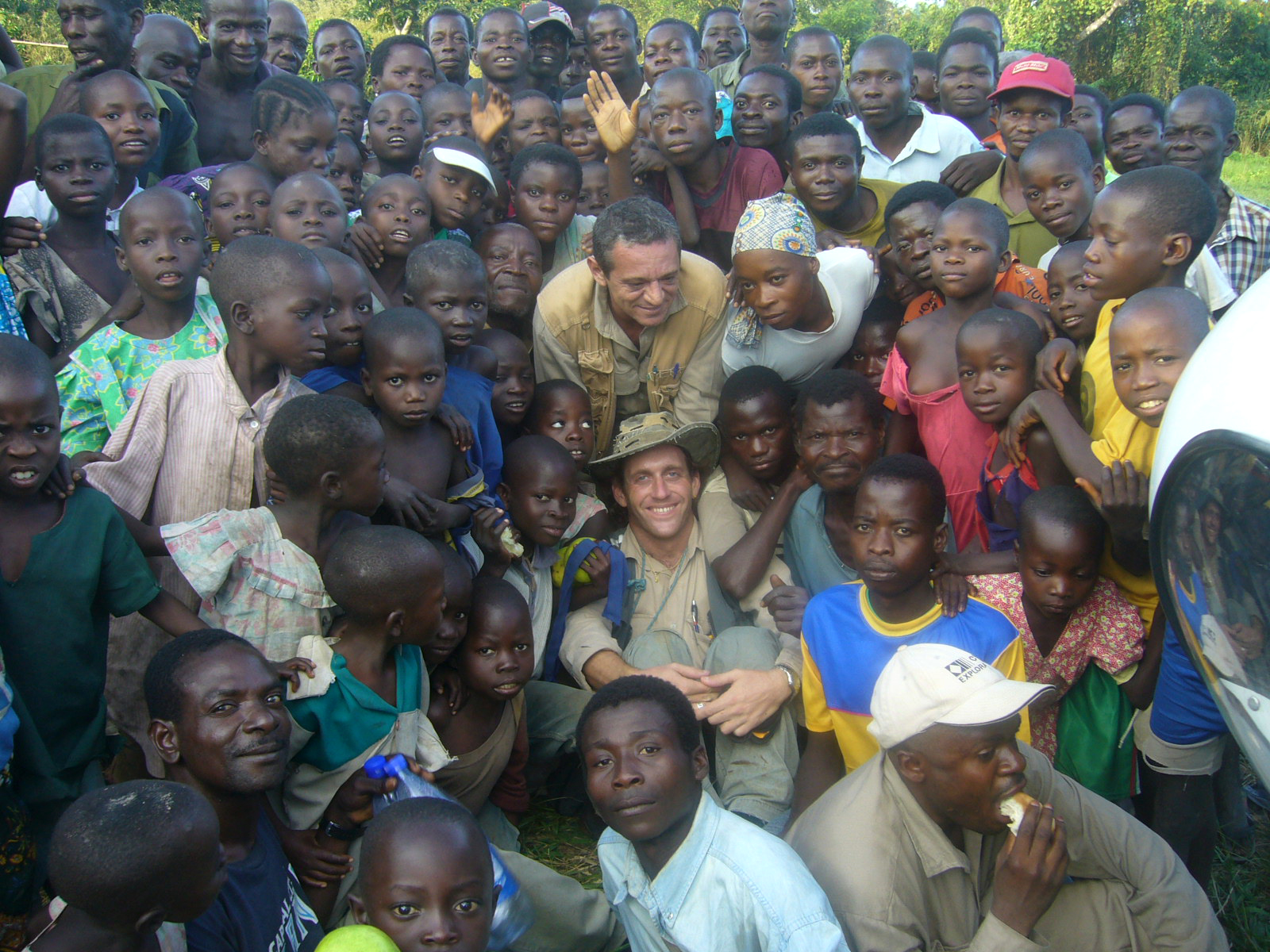
What does a modern gold-digger look like? Probably something like Luca Maggini, a 30-something geologist from southern Switzerland.
With his unruly mop of chestnut hair, sun-baked complexion and casual style of dress – shorts, sandals and a wooden-bead-and-gold-nugget necklace, the Ticino-born geologist clearly refuses to accept a boring, conformist lifestyle.
Maggini has been working as a geologist in the mining industry for more than six years and is now based in Johannesburg.
“My job has much in common with treasure-hunting. To succeed, you need plenty of curiosity and an enquiring mind. Several routes, or rather several methods, may lead you to the Holy Grail.
“Luck certainly comes into it, but you can shift the odds in your favour. The successful geologist is the one who makes the best job of interpreting the available data,” he says.
How do you become a prospector when you are born in a country like Switzerland, where you are more likely to strike gold by going into banking?
“It all began with the careers guidance tests you take at high school”, recalls Luca.
Science or social work
“My profile came out midway between science and social work, and I couldn’t decide which of these apparently contradictory paths to take.”
At Lausanne University, he therefore studied psychology and geology in tandem. But one month was enough to convince him he was more suited to exploring the bowels of the earth than investigating the mysteries of the human brain.
“In our second year, we spent a whole semester working in the field. It was really exciting”, recalls Luca, a mountain lover who spent his youth in southern Switzerland, at the foot of the Maggia and Verzasca valleys.
In the four years after university, he acquired a wide range of experience in teaching and in placements and contract work with civil engineering firms.
“In Switzerland, geologists tend to work in the field of hydro-geology, or on the construction of bridges, roads and tunnels. That is interesting work, but not stimulating enough for my liking. I needed to travel and experience faraway places.”
Happiness in Brazil
In 2003, he tried his luck in Brazil, a country he already knew from having done voluntary service there with the charity Caritas.
“At the time, there was an incredible boom in prospecting for minerals. There wasn’t a single unemployed geologist in all of South America.”
But without experience or a work permit, Maggini had to sweat it out for over two months.
Finally, he was invited to a rather unusual interview. A “slightly crazy Texan” decided to bet his money on this young European, whose English was better than most of his Brazilian colleagues.
A few days later, he was in deepest Amazonia, without a proper contract, being paid $1,200 (SFr1,335) a month and lodged in a basic wooden hut.
“But I was deliriously happy”, he remembers. “My first task was to oversee some borings in a region where veins of gold had been discovered. I was the only geologist on site and so I carried a lot of responsibility.”
The call of Africa
Taken on in the meantime by a major Brazilian company, Maggini then worked for almost two years in Gabon. Nowadays, he roams the copper-rich regions of the Congo and Zambia.
“But since my first experience in Brazil, prospecting for gold and precious metals has always fascinated me.
“It is much more attractive than looking for coal, aluminium or other raw materials that can be found in large quantities.”
Long trips abroad are Maggini’s daily bread. But his life is far removed from that of the thousands of anonymous hopefuls who joined the Yukon gold rush at the end of the 19th century.
For the last three years, the Ticino native has made his home in an attractive duplex in Morningside.
It is a trendy district in northern Johannesburg, South Africa’s industrial heartland, where condominiums are guarded night and day and surrounded by high walls topped with electric fencing.
A comfortable cocoon
“I am aware that I live in a comfortable cocoon. If you’ve got money, you can live well in Africa”, Maggini admits.
“The mining industry, like the oil industry, is a world where you rub shoulders with the wealthy. But I also feel the need to live a simple life in parallel with my work.”
Maggini has learned to come to terms with this world. But, as someone who could well have become a social worker, does he not feel he has sold part of his soul to the devil?
“Of course, we are not non-governmental organisations. But the major companies, or at least the one I work for, apply very strict rules in protecting the environment, and invest in many social projects. If I found out that this was not the case, I would resign immediately,” he asserts.
Maggini is nevertheless aware that prospecting for raw materials is a highly politicised business, in which the law of the jungle often holds sway.
“For some years now, the Chinese, and Asians generally, have been flooding into Africa.
“They have no scruples when it comes to corrupting governments and exploiting local communities. The problem is that they often lack the technical knowledge to make a success of their projects.”
Faith in the future
Although sensitive to the problems caused by the unbridled pursuit of raw materials, Maggini maintains a clear-headed approach: “Who would be prepared to give up their car or mobile phone, just like that?”
Optimistic by nature, he is convinced that mankind will be able to adapt to the challenges raised by the increasing scarcity of some raw materials.
“There are still plenty of deposits to be discovered, especially in a continent as vast as Africa.
“If there are shortages, technology will enable us to develop new alloys for industry, to find alternatives, or simply to dig more deeply.
“At present, only the first kilometre of the earth’s crust is being exploited. There are another 20 kilometres to explore… And there are other planets in our solar system!”
Samuel Jaberg, back from Johannesburg, swissinfo.ch (adapted from French)
Prospect mining is a branch of geology that consists of exploring the earth in search of mineral deposits.
Mineral deposits are portions of rock that contain concentrations of raw materials (iron, copper) or precious materials (gold, silver, diamond).
The first phase of prospect mining involves the acquisition of geophysical data on a large scale. For this, aerial surveys or satellite data are needed. At the same time, targeted trips are organised on the ground.
When the geological mapping has been done, the fieldwork begins. Surface sampling is done to collect soil, water or sediment of streams that will be analysed to better understand the subsurface.
Then geologists test areas with above-average desired material with a drilling machine. Different types of surveys, deep or shallow, vertical or inclined, can be done. Of every 100 exploration projects, one results in new discovery.
The final phase of exploration is to delineate a mineral deposit and to define the tonnage (volume and average grade). Then, mining and metallurgical engineers draw the plan of a future mine – surface or subsurface – and establish the method of extraction.
Other engineers try to define the process, separation and concentration of the mineral that is the most economically viable.

In compliance with the JTI standards
More: SWI swissinfo.ch certified by the Journalism Trust Initiative
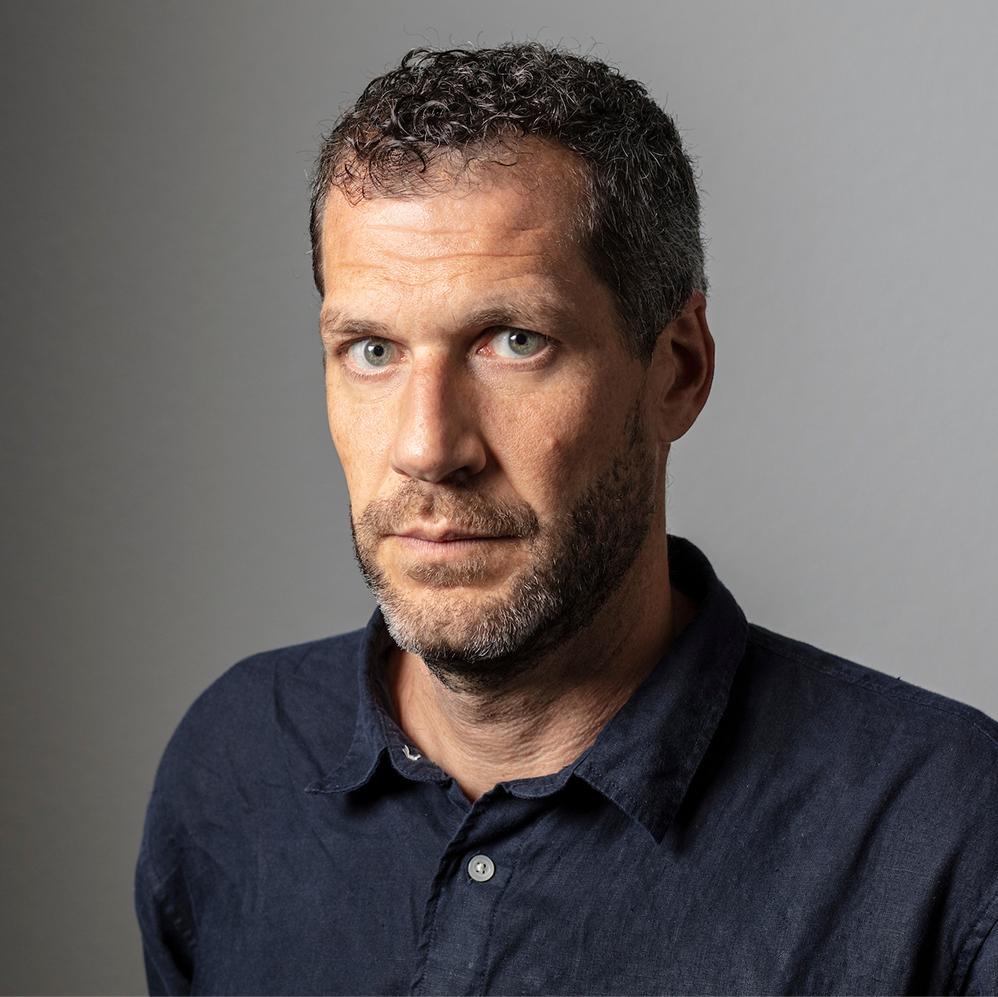
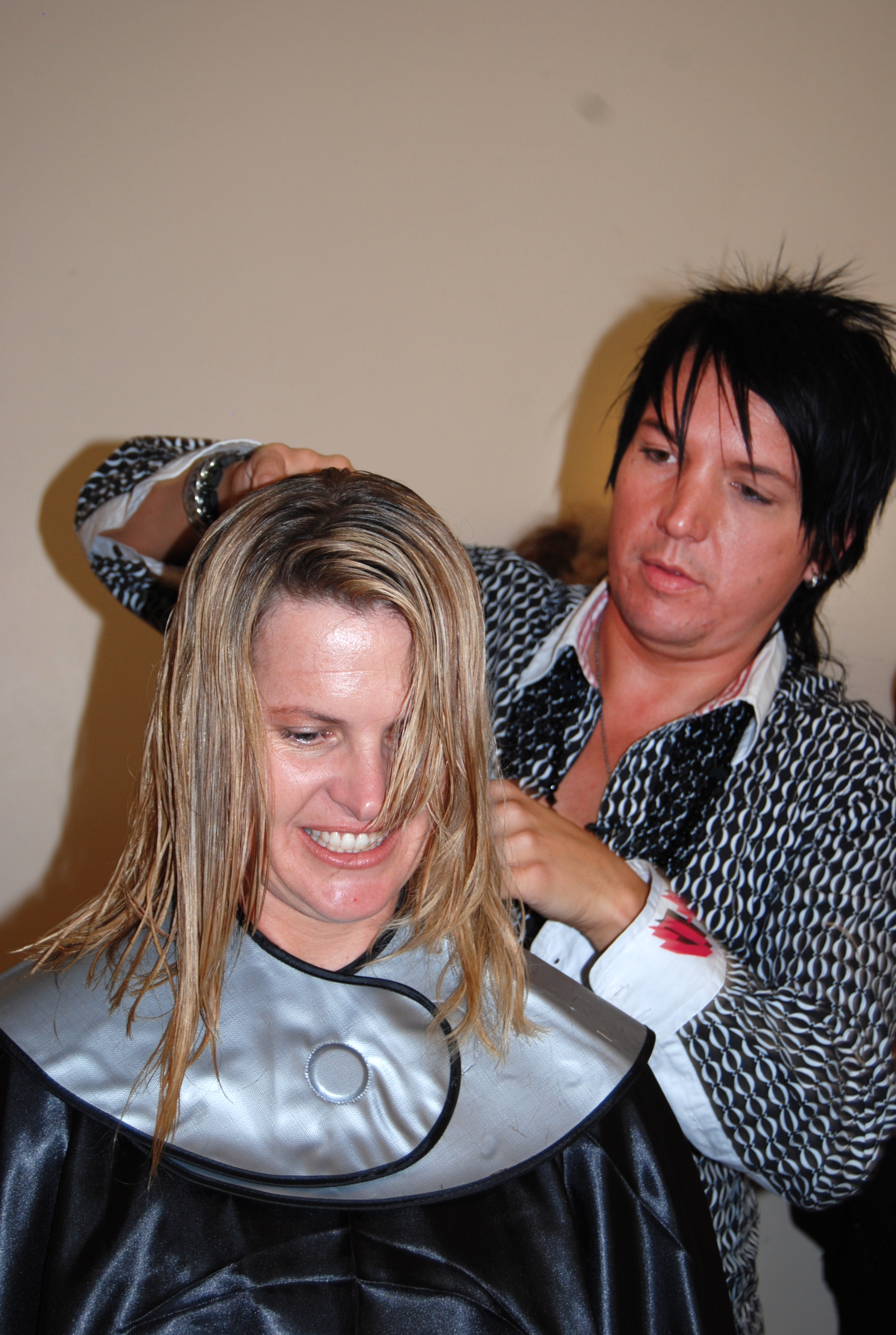

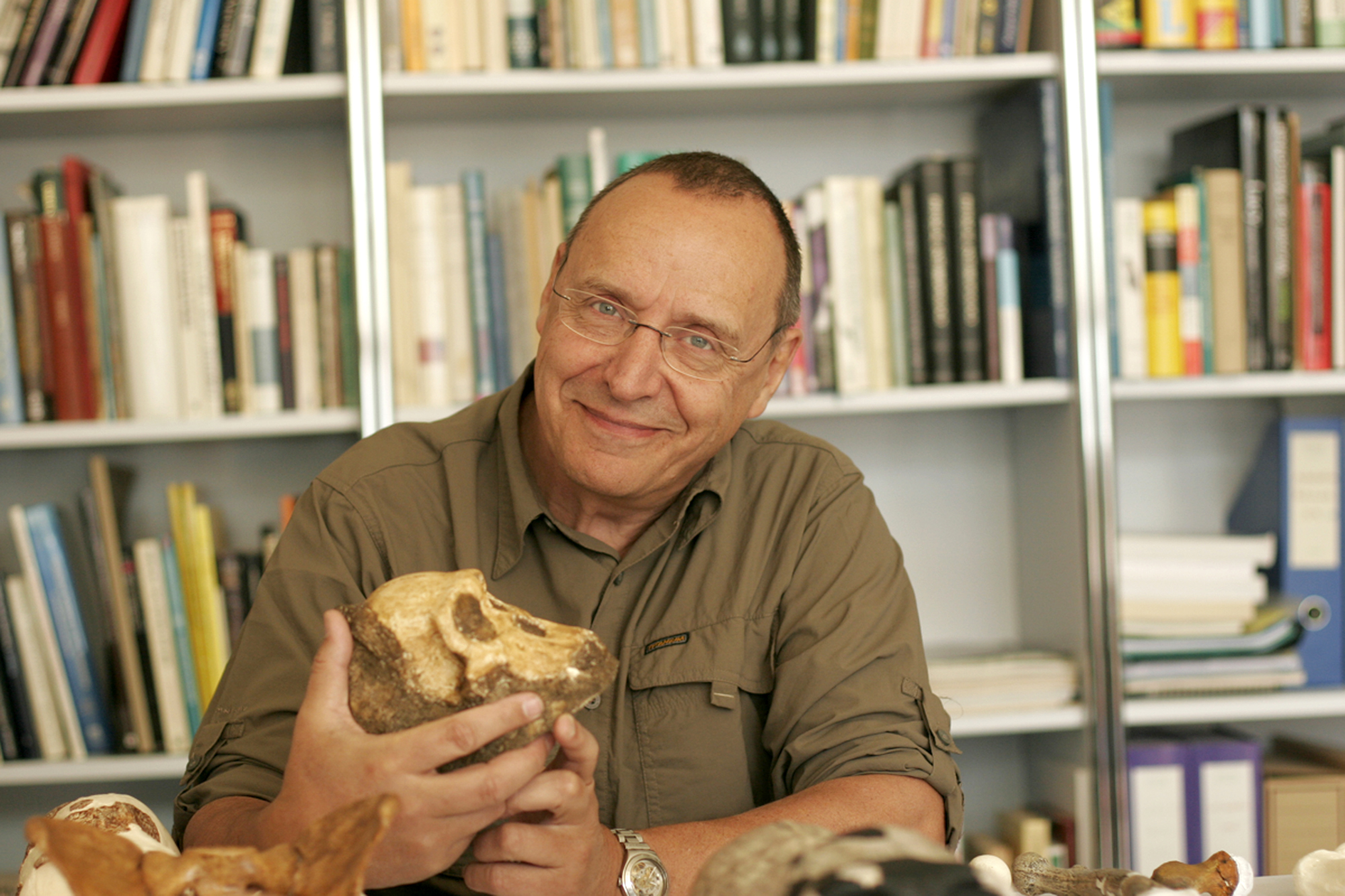
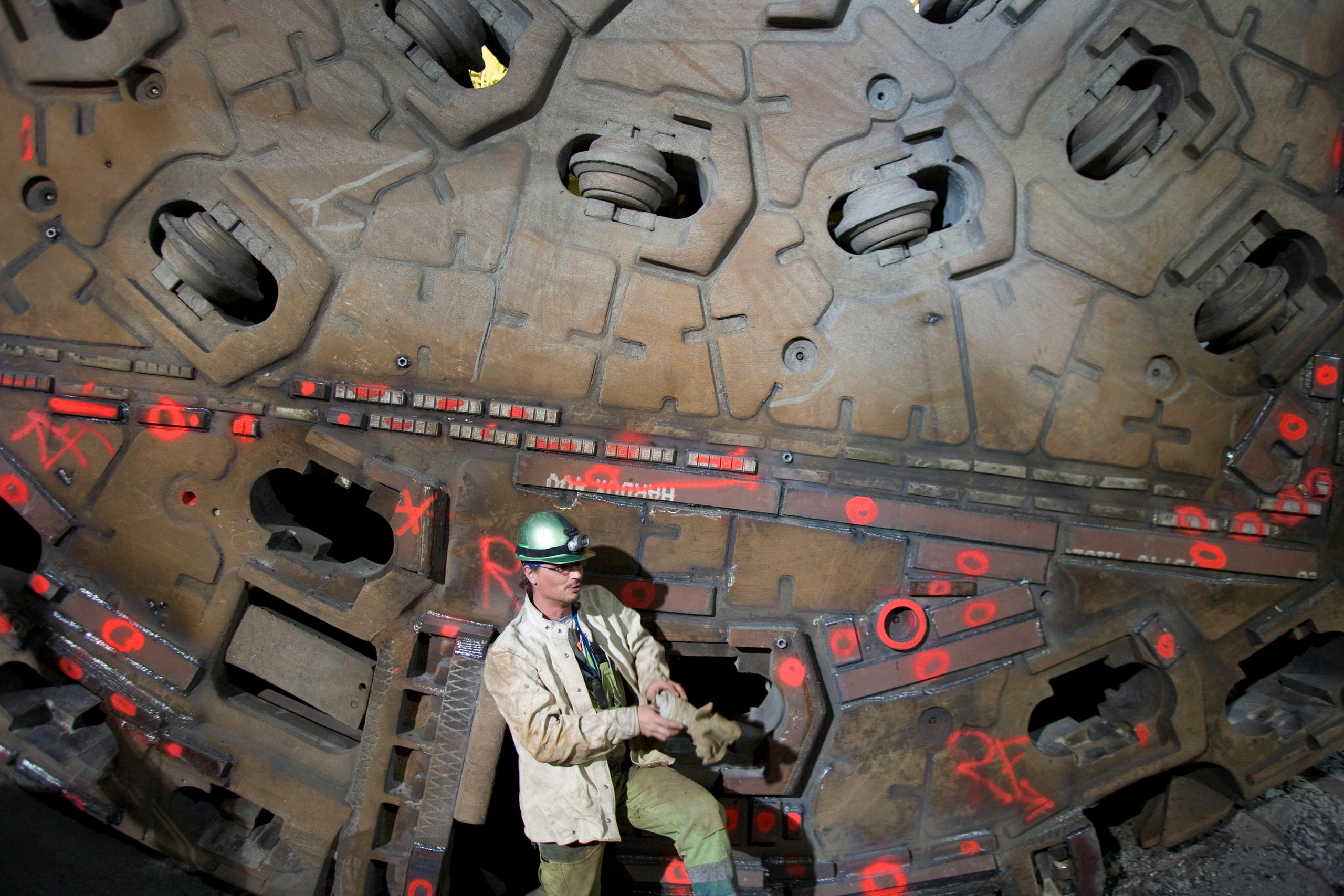
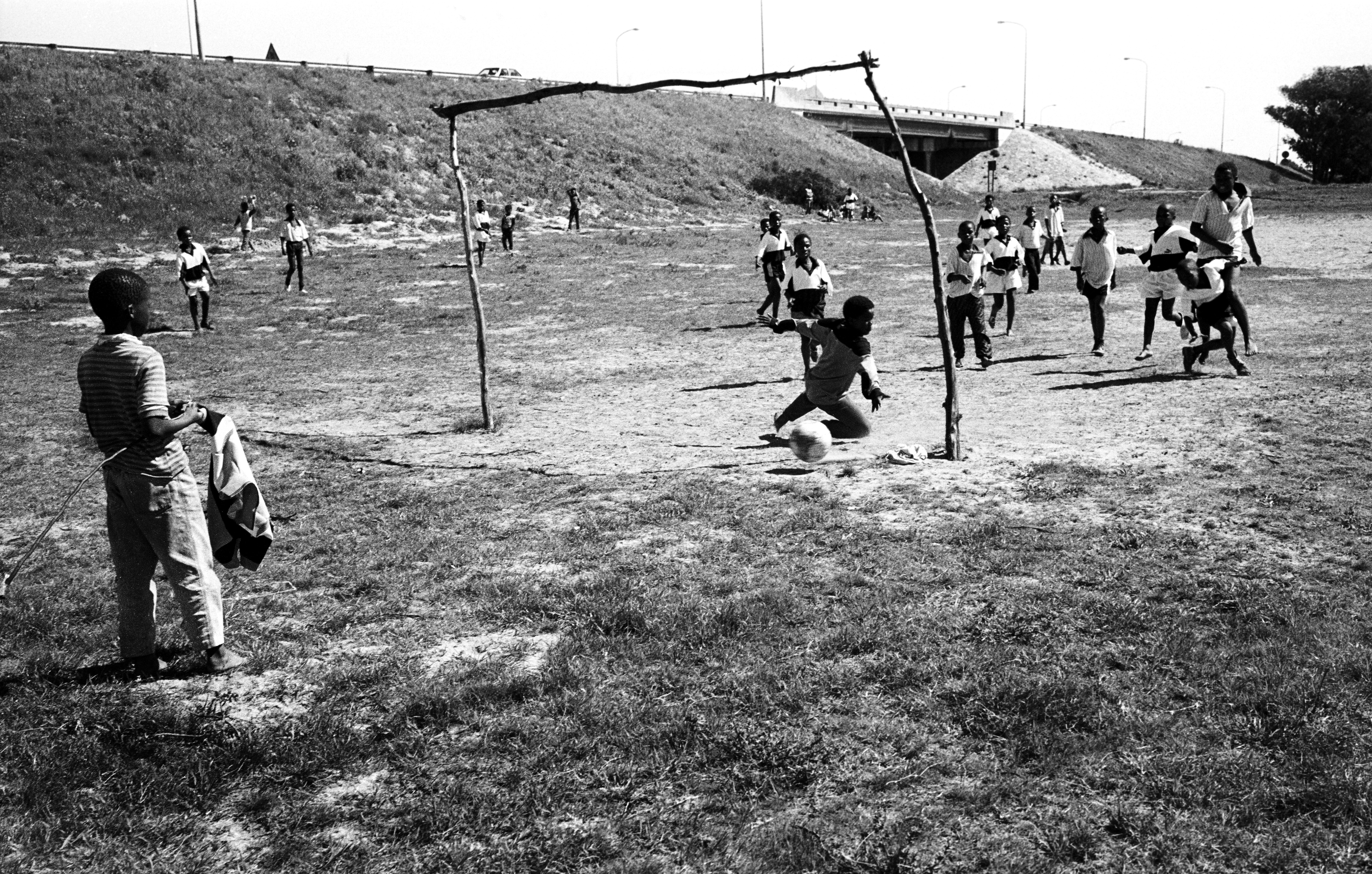
You can find an overview of ongoing debates with our journalists here. Please join us!
If you want to start a conversation about a topic raised in this article or want to report factual errors, email us at english@swissinfo.ch.